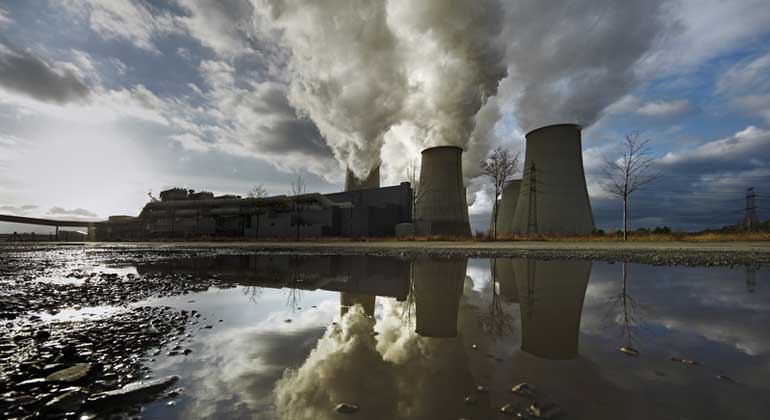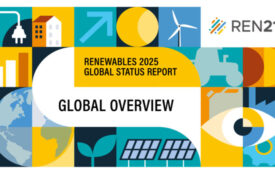More united approach needed for nations to completely eliminate coal-fired power plants
Active coal-fired power plants are enough to prevent the world from achieving the global warming target set in the Paris Climate Agreement.
Currently, more than 60% of the major active coal power capacity is in the Asia-Pacific region, according to GlobalData, a leading data and analytics company.
Somik Das, Senior Power Analyst at GlobalData, comments: “Policymakers universally concur that active coal-fired power plants require shuttering to meet the global environmental obligations. However, the plants in the Asia-Pacific region are fairly modern in comparison to those in Europe and North America, and might not see rapid shutdowns immediately. GlobalData portrays that, in the Asia-Pacific region, the major active coal power plants are on average 10-15 years old and wouldn’t be decommissioned before approximately 2040-45. North America and Europe is 40-45 years; hence, the average decommissioning is expected to take place by 2030-35.”
Complete elimination from coal-fired power therefore will take some time. China affirmed additional new coal-fired power capacity through May 2020. More than 40% of China’s global lending for power projects through its Belt and Road Initiative in 2018 was coal-based. GlobalData analysis for coal-based capacity estimates that by 2030, more than 500GW of coal-fired power plants are likely to be commissioned, while more than 300GW of coal-based power generation will be decommissioned during the same period. More than 80% of the new capacity build is likely to be contributed by China, India and Vietnam.
Das adds: “Over the last decade, the declining Levelized Cost of Electricity (LCOEs) of renewables has compelled global economies to shift their focus to renewable energies as they are now competing with fossil fuels by achieving grid parity.
“Coal decommissioning is likely to be driven by China, India and the US over the next decade. These countries collectively account for more than 58% of the scheduled decommissioning owing to aging infrastructure and commercially unviable projects. EU countries have taken the leap in phasing out coal-fired power plants with minimal addition to the generation mix, however, to make a larger impact towards decarbonizing the power sector would mean a more united effort across all nations is required. Presently, countries stand divided on their approach to eliminating power generation from coal, which will reduce the pace of decarbonizing the global generation mix and reduce the transition pace towards sustainable climate change.”
Rocky Mountain Institute, Carbon Tracker Initiative, and Sierra Club have released a report – How to Retire Early: Making Accelerated Coal Phase-Out Feasible and Just – that reveals that new renewable energy is already cheaper than continuing to operate coal plants in much of the world. It lays out specific financial strategies that utilities and policy-makers can use to engineer a faster phase-out of coal in various regions of the world.








